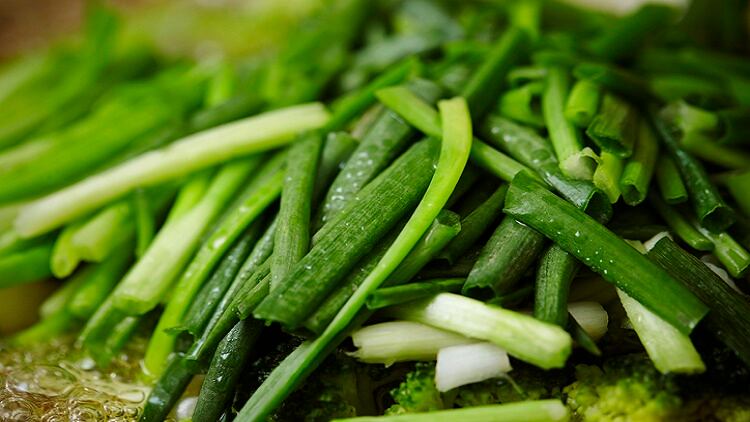The trial results indicate the possible use of garlic chives extract as an adjunctive tool for improving glycemic control, said the researchers from South Korea’s Chonbuk National University and National Institute of Agricultural Sciences.
This is also said to be the first clinical trial which looks into the safety and efficacy of allium hookeri extract.
Thirty pre-diabetic subjects with fasting plasma glucose level between 100 mg/dL and 126mg/dL were recruited into the study.
Separated into two groups, the experiment took a supplement containing 243mg of allium hookeri extract twice per day while the control group took placebo.
Findings showed that the supplementation of allium hookeri extract had brought down the level of HbA1c and 1-hr glucose level.
Measuring HbA1c level was important as existing studies have shown that a higher HbA1c level is associated with a higher likelihood for the condition to develop to diabetes.
For instance, the level of HbA1c dropped by 0.04% ± 0.12% in the experiment group but went up by 0.07% ± 0.15% in the placebo group, which was a significant difference since the p-value was lower than 0.05 at 0.012.
As for the 1-hr blood glucose level, the experiment group saw a drop of 0.68mg/dL ± 32.57 mg/dL while the placebo group saw an increase of 18.50 mg/dL ± 33.20 mg/dL. The p-value in this case was 0.040, which showed a significant difference in findings between the two groups.
However, the researchers noted that other key indicators such as the plasma levels of fasting glucose and insulin were not significantly different between the two groups.
Limitations
A key limitation of the trial was its small number of subjects, and thus, the difficulty in generalising the results.
Second, the subjects were allowed to continue their usual diet and lifestyle activities. However, in order to more accurately reflect the impact of allium hookeri extract, the researchers believed it was necessary to control lifestyle factors for future studies.
Nonetheless, they said that the study findings were in agreement with previous cell culture and animal studies demonstrating the anti-diabetic effects of allium hookeri extract.
In previous mice studies by Kim et al and Lee et al, it was shown that the extract could not only reduce HbA1c levels, it also led to a drop in fasting blood glucose.
In addition, since pre-diabetes is undetectable, the researchers believe that an approach to delay the progression would be more important than managing the disease later on.
A likely mechanism is that the extract could speed up the expression of glucose transporter 4 (GLUT4), hence improving glucose intolerance by increasing insulin action and glucose uptake in body tissues.
“Because type 2 diabetes is a treatable but not curable disease, an approach to tackle or to delay this progression should be a superior health strategy than an approach to manage the disease after it is established.
“The findings of this trial confirmed the possibility of blood glucose improvement in AHE, which is the first-in-human and proof-of-concept clinical trial, so larger and longer trials are required to confirm the preliminary findings,” the researchers said.
Source: BMC Complement Med Ther 20, 211 (2020)
A randomized, double-blind, placebo-controlled crossover clinical trial to evaluate the anti-diabetic effects of Allium hookeri extract in the subjects with prediabetes.
https://doi.org/10.1186/s12906-020-03005-3
Authors: Park, S., Bae, U., Choi, E. et al





